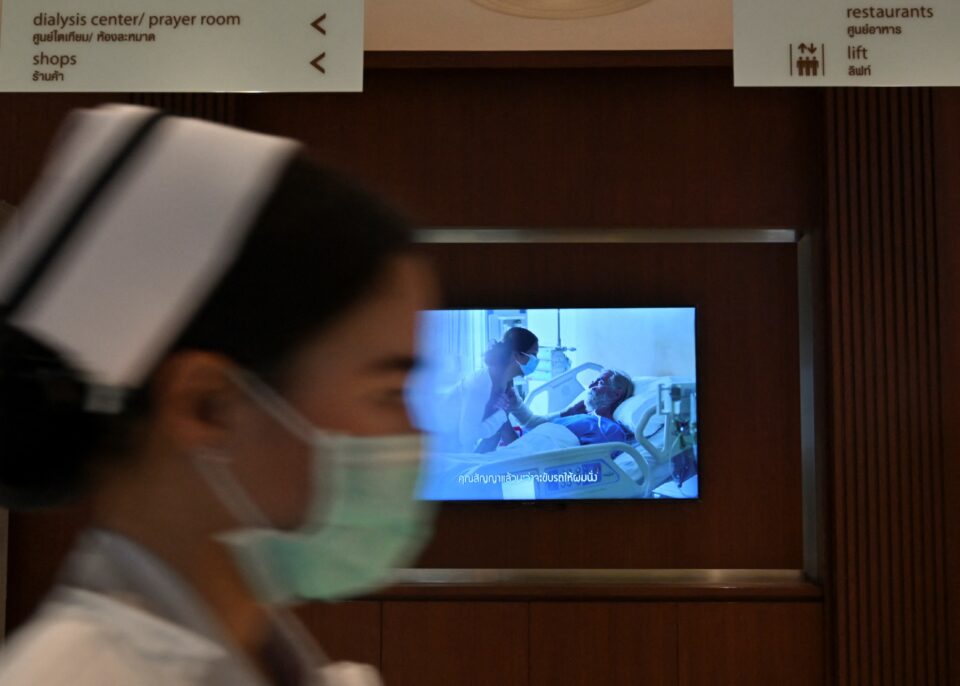Early HTA, sometimes known as early HTA, is a tool that can assist health innovations in meeting the requirements of the global health system. The World Health Organization (WHO) used the strategy in the early stages of the COVID-19 pandemic, but it is not yet well known.
At a workshop put on by the Health Intervention and Technology Assessment Program Foundation (HITAP Foundation), the Saw Swee Hock School of Public Health of the National University of Singapore (NUS), and three of Thailand’s top organizations—Thailand Science Research and Innovation (TSRI), the Thailand Center of Excellence for Life Sciences (Public Organization) or TCELS, and the National Health Security—experts explained what “early HTA” was.
It is a process for evaluating the potential effects of using technology in healthcare, according to Dr. Yot Teerawattananon, Secretary General of the HITAP Foundation, and Dr. Wang Yi, Assistant Professor at the Saw Swee Hock School of Public Health, National University of Singapore. It can evaluate factors that can advance a health innovation to be desirable and marketable. It can also demonstrate whether funding for the study and development of a particular health innovation is worthwhile.
“I have seen the advantages of working in such a manner as one of the World Health Organization specialists participating in defining the characteristics of the COVID-19 vaccination since April 2020, before it was made accessible on the market in early 2021. In order to foster the growth of medical innovations in Thailand, I would like to use this strategy, Dr. Yot added.
An MOU on Collaboration on Priority Setting and Early Health Technology Assessment of Health Innovations in Thailand was also inked during the event.
Since many of the medical inventions created in Thailand have not been successfully commercialized or registered in the market, early HTA were suggested during the workshop as the strategy to progress Thailand to success in medical innovation.
HITAP further stated that the early HTA strategy will assist lower risks in research investments from both the public and commercial sectors and boost confidence in investment decisions by evaluating the quality of technologies at the early stage of research and development.
This collaboration, according to Prof. Teo Yik Ying, dean of NUS’ Saw Swee Hock School of Public Health, aims to lower the danger of rising healthcare expenses, particularly with modern technology that can pose a significant financial threat to the medical sector. Early HTA offers policymakers and technology developers advice, particularly for scalability and for inclusion in national insurance programs.
The five top organizations in Thailand and Singapore working together to advance innovation, research and evaluation of health technology, and health policy should enable them to achieve their objectives in these areas and help other ASEAN nations set priorities and assess emerging technologies.





